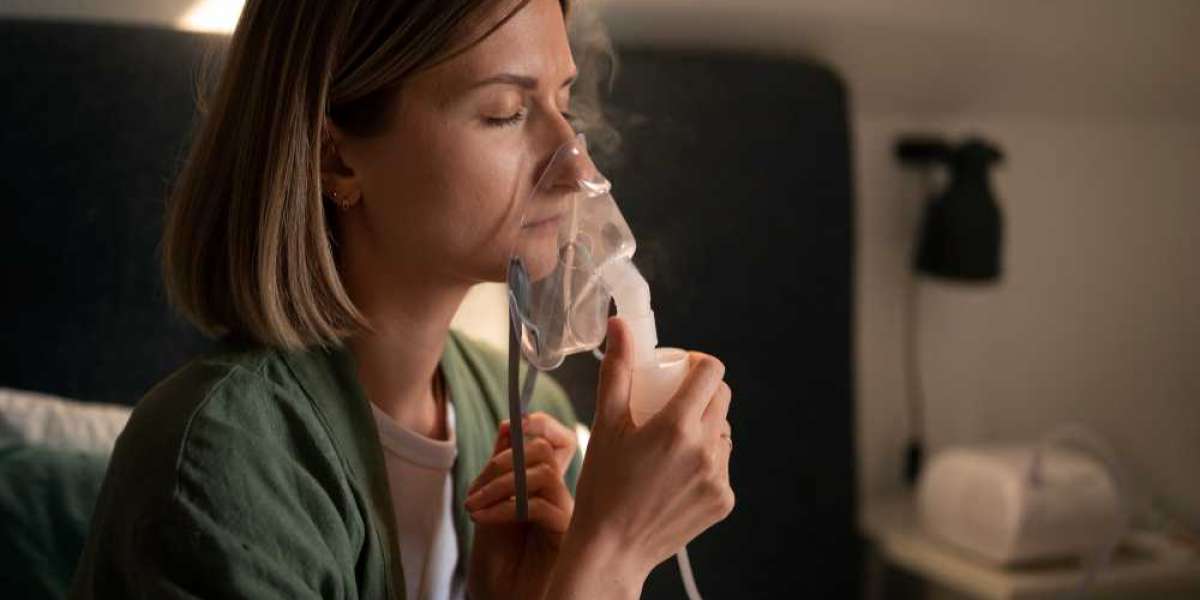When treating depression, nasal esketamine spray is used in addition to oral medication. It is intended solely for usage in medical settings. A healthcare provider should be in charge of this. It is not going to be usable at home.
Nasal spray for esketamine
A person should consider the risks of taking the medication against any potential benefits before using it. The patient and the doctor should decide on this. Some of the negative effects could be rather dangerous. Here is a summary of its advantages and how it should be used.
Esketamine for depression, your doctor may prescribe more antipsychotics, anticonvulsants, tricyclic, and MAOI.
Advantages
Nasal esketamine is a useful depression therapy. Research has indicated that it can lessen the symptoms of depression when used in conjunction with an oral antidepressant. In cases where alternative treatments have not proven effective, it may be suggested.
It has benefited a lot of individuals who had depression that was resistant to treatment. These individuals are primarily those who have battled depression and taken two or more antidepressants but did not get the necessary alleviation.
Use it properly
This medication must be taken under the guidance of a medical practitioner. Throughout the first four weeks, it is often taken twice a week. After that, it must be taken once a week. One is meant to take it once a week or once every two weeks after this time.
The patient will be informed by a medical professional about how frequently it should be used. Some users experience nausea and vomiting when using it. Before taking medication, a patient should wait at least two hours to ingest anything. It's also best to avoid drinking anything after 30 minutes of taking it.
After taking medication, the patient will be attentively watched for at least two hours. This is required since the medication may have adverse effects such as extreme sleepiness and dissociation. When a patient is ready to leave the medical facility, the healthcare professional will make that decision.
It could be necessary to drive a patient home after administering medication. One should refrain from using machinery, driving, or engaging in any other activity that demands total attention. It is not a good idea to engage in these activities until the following day after getting a good night's sleep.
Other Choices
There may be other things an individual can do in addition to taking the medication and oral antidepressant. What additional steps might be taken to control depression should be discussed with the patient's healthcare provider. If talk therapy is part of the treatment plan, the patient should adhere to it.
Lifestyle changes might be advantageous at times. These include changing one's diet, getting more sleep, and exercising. They may also aid in lessening the signs and symptoms of depression.
It has been demonstrated that nasal esketamine is an effective treatment for depression. It could be suggested by a medical professional if it helps alleviate your symptoms. Before making any judgments, you should, however, be informed about the medicine's advantages and disadvantages. Speak with your psychiatrist to determine whether Nasal Esketamine spray is good for you and to find out more about the potential side effects.
Nasal esketamine, which is included in several medications, such as Spravato, has shown promise in treating depression, especially depression that is resistant to therapy (TRD).
When compared to conventional antidepressants, esketamine has demonstrated a comparatively quick onset of antidepressant effects. For some people, the symptoms of depression may go away in a matter of hours or days.
Treatment Resistant Depression
Esketamine is especially recommended for those with depression who are not responding well to at least two different antidepressants that have been taken for a suitable amount of time and at an appropriate dose.
Esketamine is usually used in addition to an oral antidepressant, or as an adjuvant treatment. When using oral antidepressants by itself has not produced the desired results, this combined strategy is frequently used.
According to clinical investigations, some people may see a sudden decrease in suicidal thoughts and behaviors when esketamine is taken in addition to an oral antidepressant.
will to get things done, much less ask for assistance. Getting therapy as soon as feasible would help one heal and fair better. Receiving the ideal care at the right moment, such as the spravato treatment for depression, can contribute to its successful outcome.
Conclusion
It's crucial to remember that different people will react differently to esketamine and that not everyone will benefit to the same extent. Furthermore, research is currently ongoing to determine esketamine's safety and long-term consequences. A licensed healthcare professional should be consulted before choosing a course of treatment, with consideration for the unique requirements and circumstances of each patient.
















